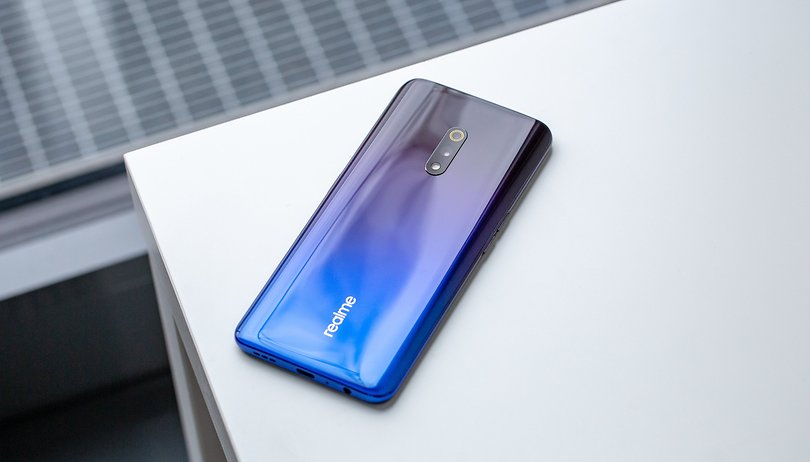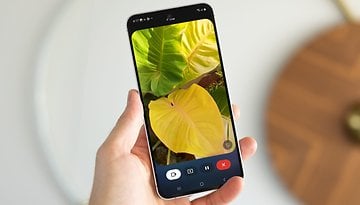Realme will be the first to use Samsung's crazy 64 MP camera


In recent months, we've been invaded by smartphones equipped with Sony's 48MP photosensor, which is used by both mid-range and high-end devices. However, it seems that Samsung will dictate the next trend with its 64 MP GW1 sensor. The first manufacturer to adopt this technology could be Realme.
Realme's CEO, Madhav Sheth, announced on Twitter today that his company is working on a new 64 MP camera smartphone powered by the Samsung GW1 sensor. To be precise, the manager says it will be the first smartphone ever to feature this new camera technology.
This sensor, despite offering a higher resolution than the now famous Sony IMX586 48MP, is based on the same pixel size of only 0.8 micrometers. Again, the technology used will be the so-called Pixel Binning, or "Tetracell Technology" to use the language of Samsung. It combines four pixels into one to increase its sensitivity to light.
Working on the new premium killer! Introducing world's first smartphone camera with 64MP GW1 largest 1/1.72” sensor and mega 1.6µm pixel with amazing clear shots in low light too. RT if you want to see more “knockout” shots. #DareToLeap pic.twitter.com/D54xNFdaVm
— Madhav 5G (@MadhavSheth1) 24 June 2019
The photo shared on Twitter by the CEO of Realme leaves no doubt, just look at the watermark at the bottom left, where you can read "64MP AI Quad Camera". The device will be announced for the first time in India, which is not a big surprise given the attention the company puts on this market.
Sheth has also added a very interesting detail: it will be a "premium killer" smartphone, so it's easy to expect a very competitive device, especially from a price point of view.
Source: Android Authority




















Personally, I'd rather have a LARGER sensor array, not more megapixels. They are nice, if you do a lot of zoom/cropping after the photo, but, for most people, it's just overkill. Not to mention the limitations in poor lighting, resulting in noise, which has to be squished out in the software, and sometimes artificially "fixed" to not make the photo look bad.